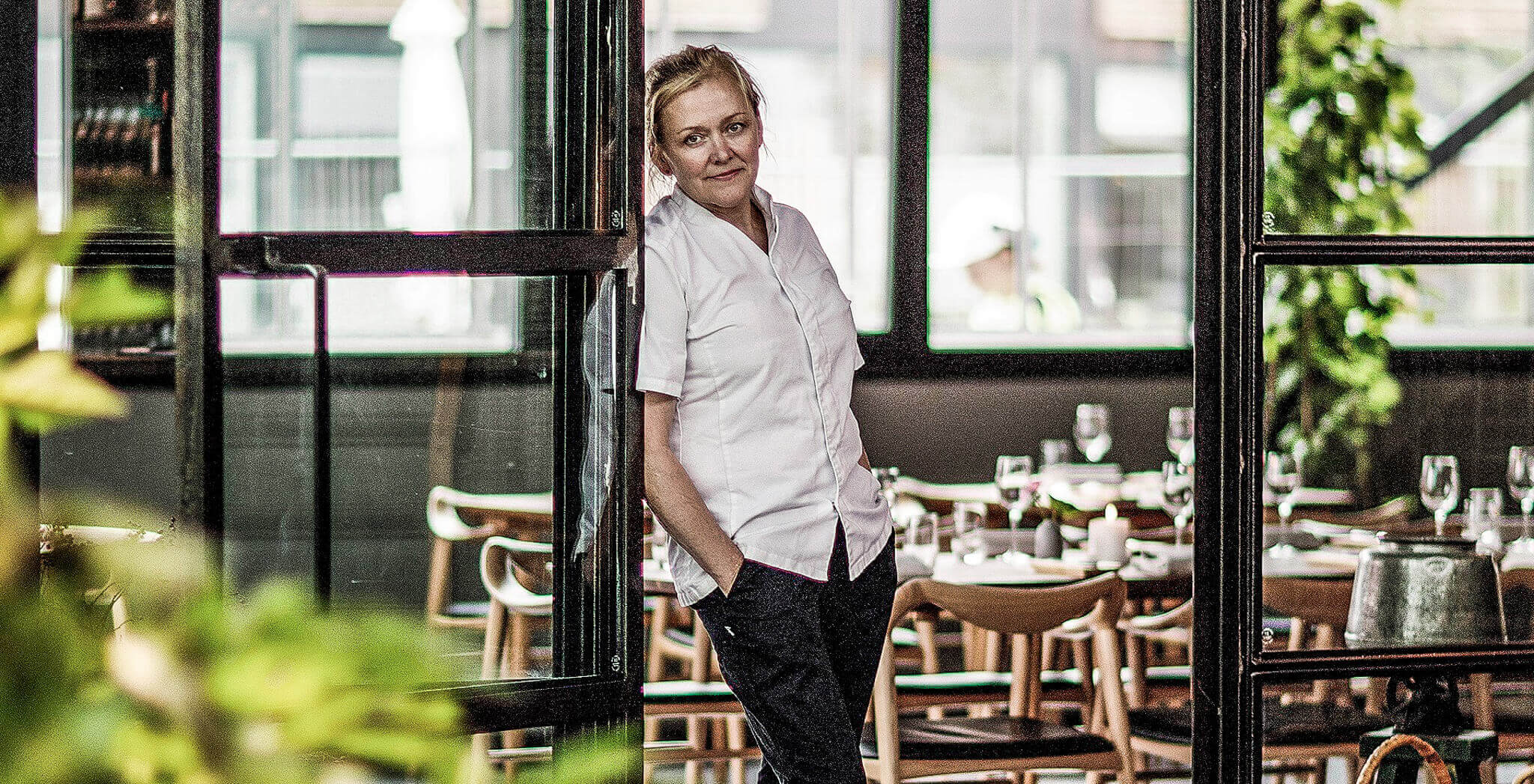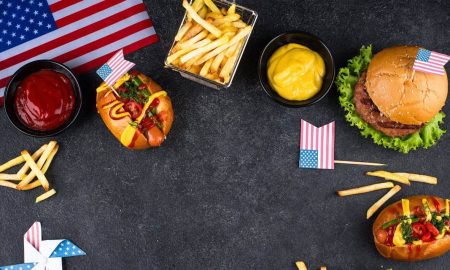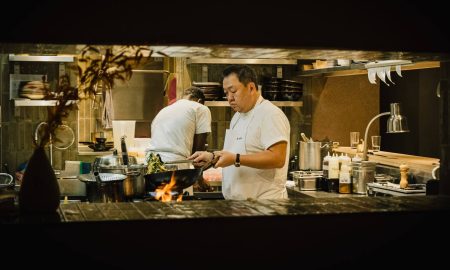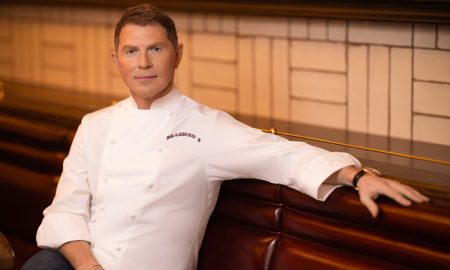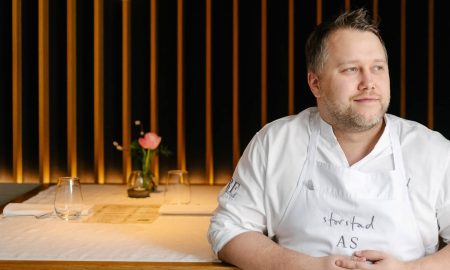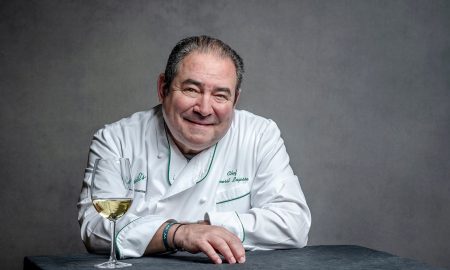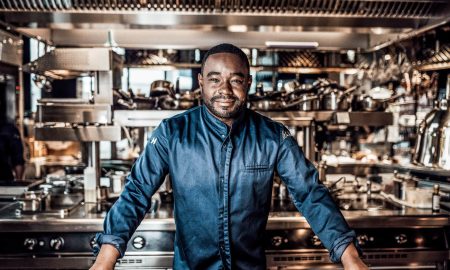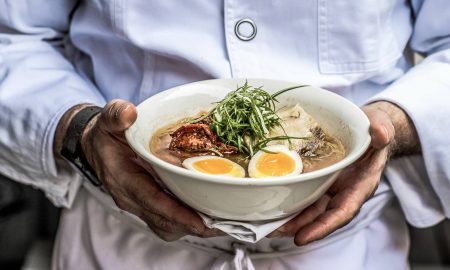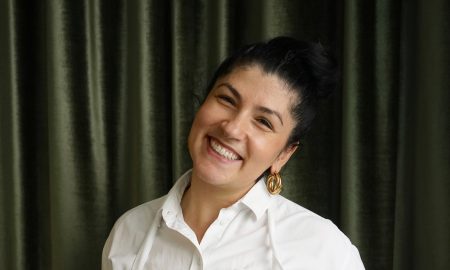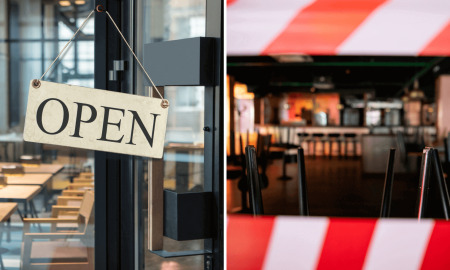The best of land and sea
She often went fishing with her grandfather in the fjord. His boat was her second home. As a child, she already felt this strong connection to land and sea and the unadulterated, healthy products from both worlds, which now defines her cuisine. In her hometown of Trondheim, Heidi Bjerkan opened a restaurant in an old factory building in 1998 that was destined to make a big splash: Called Credo, it is now one of Norway’s leading restaurants. Initially, she had a completely different career in mind.
“The fact that I got into cooking was purely by chance,” Heidi Bjerkan reveals. “I was actually planning on becoming a pilot, but a couple of shifts in a cafe changed everything.” Ever since she had that waitressing job at 18, Heidi Bjerkan knew the restaurant business was her thing. The pace in the kitchen matched her restless spirit. She became a professional chef and worked in numerous restaurants both at home and abroad, she even spent eight years working as a chef for the Norwegian royal family.
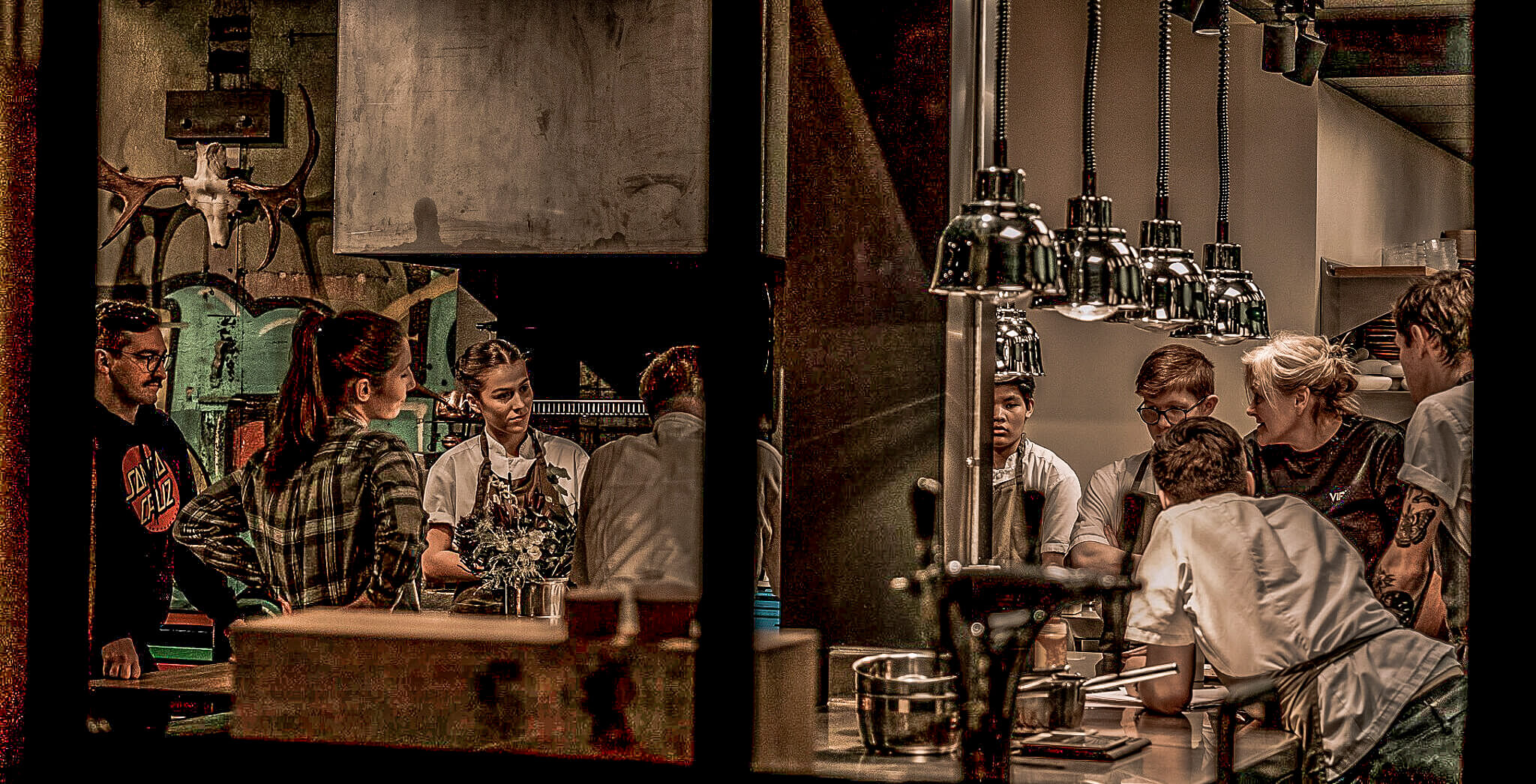
Image: Marthe Amanda Vannebo
Close cooperation with fishermen and farmers
No wonder, then, that the lively restaurateur has now built an entire gastronomic cosmos, with finely coordinated concepts that together all reflect Bjerkan’s main goal – sustainability. “Sustainable food production and sustainable restaurant operation are at the heart of what we do,” is Heidi Bjerkan’s sustainability mission. “We are absolutely convinced that this will produce the best food. It is also the best for people and animals – and for the earth that is our home.” Good contact with producers is a must for her. “Credo has a symbiotic relationship with our farmers, fishermen and other suppliers, which is mutually empowering,” she says. “We work for the sustainable use of resources at all production levels, from the earth to the table. Instead of pursuing certifications, we build long-term relationships with manufacturers.” Heidi Bjerkan gets a lot of food from a small biodynamic farm in the region, which also uses compost from Credo.
The guest as a ingredient in the menu: Heidi Bjerkan thinks holistically
The heart of this small universe is and remains the gourmet restaurant Credo, which was awarded a Michelin star in 2019 and also boasts a Green Star. This is where Heidi Bjerkan takes her guests on a tasty journey to the gardens, the waters, the fields and the forests where the ingredients come from. “We believe that every ingredient is essential – the animals, the forests, the earth, the moon, the lake and you, the individual,” she says, summing up her holistic philosophy.
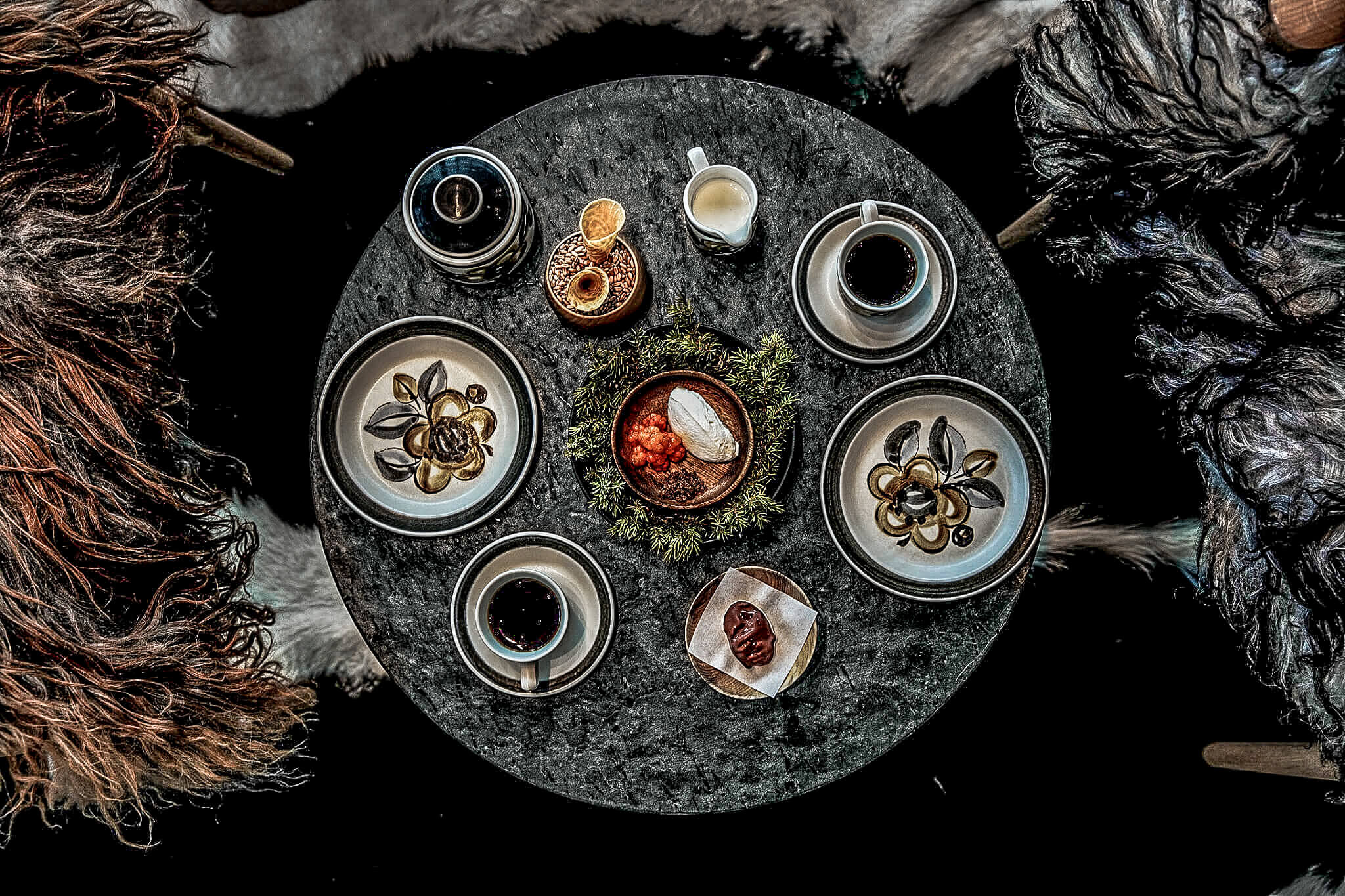
Image: Geir Mogen
This is transformed into a 20- to 25-course menu each evening, served with natural or classic wines, sake, craft beer, juices and teas. The Credo langoustine plate is legendary: Glazed langoustines from the yakitori grill, with broth made from langoustine carcasses and served on ceramic whose glaze also contains langoustine carcasses. Another unique treat is the sourdough bread with fine butter from a small farm near Trondheim that operates with a circular economy – just two examples of Bjerkan’s sophisticated cuisine, which demands full commitment every day. However, Credo is by no means her only project.
Sustainable gourmet gastronomy: in a network it succeeds!
“Fine food in itself is not sustainable. But it becomes sustainable if it is part of a larger system,” is stated in the manifesto. Therefore, Credo is unimaginable without its small sister restaurant Jossa and the Ramen restaurant Edoramen in the same building as well as foodcourt and event location Vippa directly on the Oslofjord and last but not least the Geitmyra Credo food culture center for children and young people, where every year several thousand young people discover the joy of cooking for themselves and of healthy and sustainable food, and get to work with some of Norway’s best chefs in the process.
Sieh dir diesen Beitrag auf Instagram an
Award-winning sustainability concept
For her extraordinary commitment, Heidi Bjerkan has been showered with awards In 2015, she became Chef of the Year, 2019 Chef’s Chef in Norway, to name but two. So how does she manage it all, and even more so as a woman in a field that is still dominated by men? “It’s a lot of hard and ongoing work,” the Norwegian says. “It comes down to putting together good teams and growing good leaders who can move their division forward,” she stresses. But once more: What is it like to be a woman in a male domain? About this, Heidi Bjerkan only says, “My objective, and my advice too, is to try not to focus on gender, but rather on the topic: cooking. I don’t think we’ll be as old-fashioned any more in 2022 – a chef is simply a chef!”


